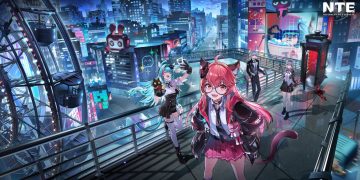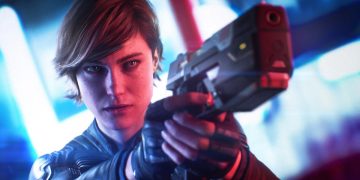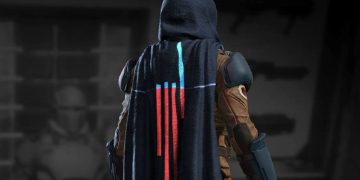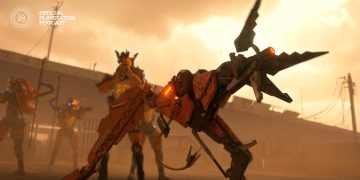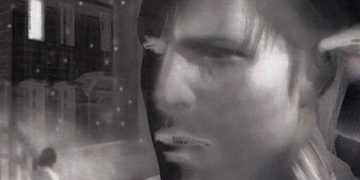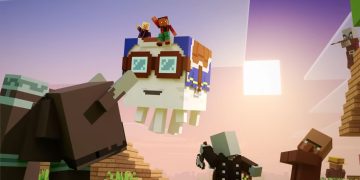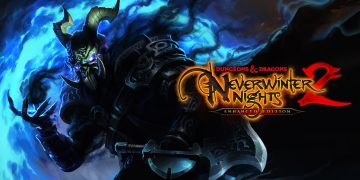Following Nintendo’s recent Corporate Management Policy Briefing, the company took to Twitter to announce that games from the Nintendo Switch will be playable on its next console, which everyone’s dubbing as “Nintendo Switch 2” for now.
In their Management Policy Briefing, which you can access on Nintendo’s website, they delve into the company’s position in the console market. They’ve sold an impressive 146 million units of the Nintendo Switch Family, and more games are being played on it than on any other Nintendo system. The detailed 59-page document dives into sales numbers and historical details, confirming that the Nintendo Switch Online service, along with other features like Music, will transition smoothly to the Switch 2.
For long-time Sony and Microsoft console users, this move from Nintendo probably isn’t a huge shock. Microsoft’s Xbox line has long impressed with its backward compatibility, boasting features like FPS Boost and Resolution Boost that enhance older Xbox titles when played on newer consoles like the Xbox One or Xbox Series S/X. On the Sony side, while backward compatibility has been more limited since the PS3, the PS5 does a great job with PS4 titles and even supports some PS2 and PS1 games through emulation. However, PS3 games are limited to cloud streaming on PS4 and PS5, which has been a sore spot for many PlayStation fans.
Historically, Nintendo offered decent backward compatibility—up until the arrival of the Nintendo Switch. The Wii U, Nintendo’s previous console, could run discs from both the Wii and GameCube and had a Virtual Console to cover nearly all nostalgic gaps. The 3DS had similar backward capabilities, playing DS titles, albeit not supporting older handheld games like those from the Game Boy Advance.
When the Nintendo Switch made its debut, it marked a shift from PowerPC to Arm CPU cores and combined Nintendo’s handheld and home console lines, effectively dropping backward compatibility with its predecessor. The good news now is that Nintendo appears committed to this new setup and the Switch family’s adaptable Nvidia-powered hardware. Consequently, folks who invest in Switch games today can rest easy knowing their collection will work on the upcoming Switch 2.
There’s also hope on the horizon that games originally hampered by the Switch’s initial hardware—such as Legend of Zelda: Tears of the Kingdom—might run smoother and perform up to 60 FPS or beyond on the Switch 2, all without resorting to emulator software. Nintendo has been pretty strict on the emulator front, likely because programs like Dolphin could emulate GameCube and Wii, while unchecked Switch emulators might pull off the same with Switch 2.
Stay updated with the latest from Tom’s Hardware, from top stories to detailed reviews, delivered straight to your inbox.

